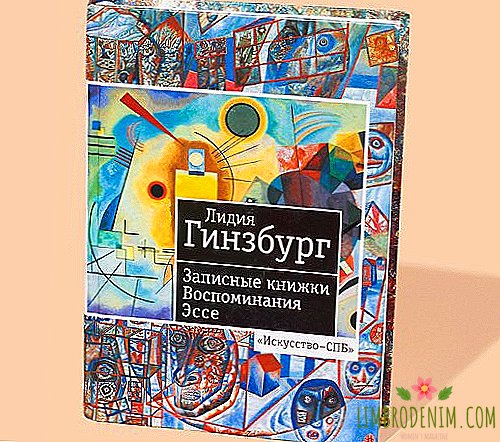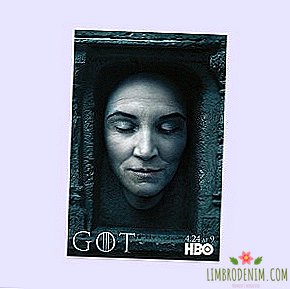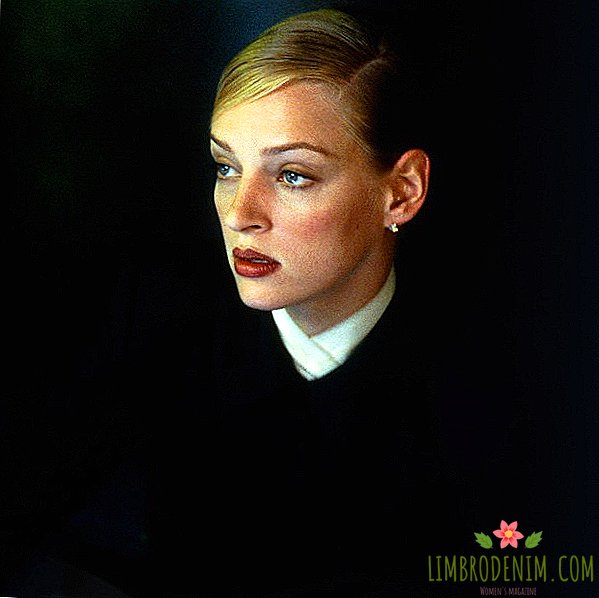Script writer Lyubov Mulmenko about favorite books
Under the heading "Bookshelf" we ask journalists, writers, scholars, curators, and anyone else not about their literary preferences and publications, which occupy an important place in their bookcase. Today our guest is Lyubov Mulmenko - the author of the screenplays for the films “Combine“ Hope ”” and “What is my name”, last year received the special diploma of the jury of “Kinotavr”.

The parents had a beautiful, but useless library for the child. Some huge Pushkin twenty-volume, academic edition - do not hold this weight in your hands. Three red and gold Goethe in German with engravings. The rest is also not for growth. Therefore, I went to the public library and chose from the cover — this is a cool cover, I have to take it. Or - cool font, cool pictures, cool random paragraph on a random page. Sometimes it worked the credibility of the author: take any Lindgren, any Jack London. Thirteen years of time earned confidence in the format, specifically, in the erotic series Scarlet Rose, although this is not a conversation about literature, but about girlish curiosity. At fifteen, I fell in love with a boy who was screaming for fantasy and fantasy. "Scarlet Rose" faded. I faithfully walked on my beloved's personal top: Roger Zelazny, Max Fry, Ursula Le Guin.
Already at the philological department, a real conductor (she herself was a teacher), Victoria Vladimirovna Vasilyeva, appeared and presented me with literature. Poems do not understand, I say. What is poetry? One Alexander Bashlachev otduyvaetsya for all! And she told me Brodsky, Red and Rilke. Pushkin - shit, I say, boring type. And she told me "Gabriiliad". Life is meaningless, I say, all hypocrites, there is no love. And she to me - Marquez, Pavic, Kundera, Saramago. Pavich then fell off - became like a teenage love. Remarque - children, Pavic - teenage. It is good that we met both on time and had a good relationship. Had our first meeting ten years later - and nothing would have happened.
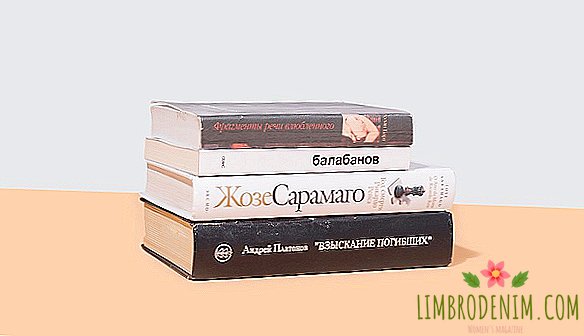
Diaries, biographies and correspondence - the best textbook of drama, a visual aid on the "mechanics of fate"

Usually, people, having matured, completely switch to non-fiction. The description of reality or the documents of the epoch begin to occupy them more than talented fiction. In childhood, on the contrary - everything that is not bad, is unbearably boring. I endlessly re-read fiction - as if I had made myself a number of friends necessary for life and they fully satisfied my need for communication. New dating can not be sought. That is, they happen all the same, but this is no longer the result of my will, my greed, my aiming search. On the contrary, non-fixed: all the books are fresh, not veterans, bought in the last few years. I love about physics, chemistry and space. Or philologists - Gasparova, Vezhbitskaya, Propp. Or, about the kinds of madness, she recently got herself a curious thing.
I love the movie if the book was composed by a literary gifted critic or director. But here are textbooks for screenwriters, in my opinion, a dangerous thing, knocking you astray. You will read more than three textbooks - you will inevitably float, and in three different and alien directions at once. I read the textbook Mackey, however, after I wrote several scripts, that is, the author did not get innocent. I read a very ordinary book "Psychology for Scriptwriters" (someone donated). I read Arabov, but he’s on a different quota in general, I love him.
Diaries, biographies and correspondence - so they are the best textbook of drama, a visual aid on the "mechanics of fate." I think the Arabs, whose term I borrow, would agree with that. As he once said beautifully, God has a plan for a particular person. When life is over, that is, the fate is complete - you can look at it, ready, and try to solve. There is nothing more interesting than this, except for an attempt to unravel one's own fate, of course.

"Fragments of speech lover"
Roland Barth
Here, of course, fascinates the idea itself. Bart is generally a master of concepts. Both Camera lucida and Mythology are not only brilliantly implemented, but also brilliantly conceived. “Fragments of speech” set up not on silent text consumption, but on dialogue, on the development of thought, on adding one’s own experience to this text. I even started writing a play of six short stories, each named after some Barta chapter, namely: "Unbearable", "Remembrance", "Letter", "Indecency", "Jealousy" and "Dumbness". I wrote three and a half parts and threw them away. I quit by chance, I was simply distracted by something else, so maybe, just by chance, I would come back one day.
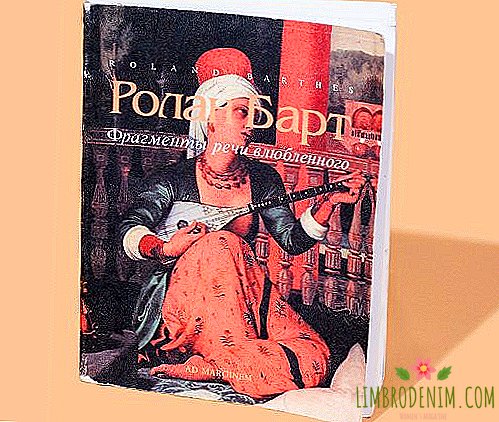
"Psychological topology of the path"
Merab Mamardashvili
Many years I read from any place. This is such a state encyclopaedia, a textbook of spiritual work. I do not like to read from the screen, but until recently, in my opinion, the paper version did not exist. Had to stay with e. I ignited so much from the individual paragraphs that I even tried to make a synopsis. Copy important pieces into a separate file, so as not to forget, in order not to search them later in a huge text array. But it soon became clear that the important pieces - everything.
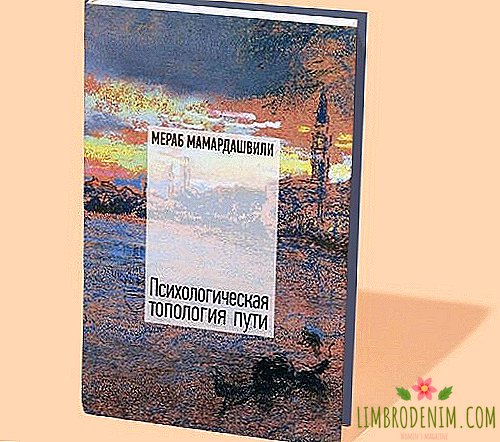
"Balabanov"
Lyubov Arkus, Maria Kuvshinova, Konstantin Shavlovsky
This is the biographer's prowess - when he remembers who his book is about (he remembers that it is about another person, and not about himself). When the biographer himself, with all the unobtrusiveness, is also seen, when it is clear that another person would write a completely different thing on the same invoice, - not valor, but talent. I was not so much interested in Balabanov, the meeting with this book is not at all the result of my initial great interest in the hero. On the contrary - interest took shape in the process of reading. Producer Sergei Selyanov on "Balabanovsky Readings" said that the book about Balabanov turned out to be as cool as Balabanov himself made a movie. In both cases, we are dealing with the pure victory of the author in the framework of his chosen type of art.
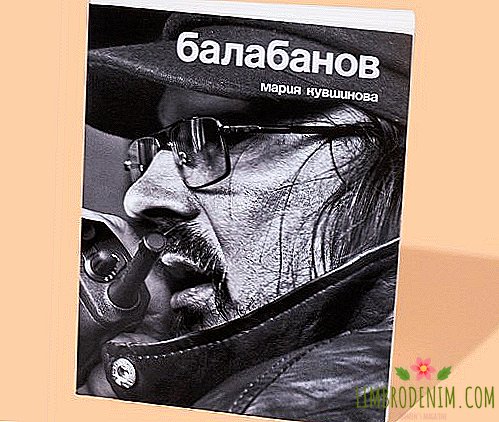
"Dovecote in the yellow glade"
Vladislav Krapivin
Absolute cosmic evil, devoid of flesh - "Those who command" - some entities that stand above humanity explore our civilization. But people change, people are not static, it is difficult to explore them. Therefore, "Those Who Tell" closed the time in the ring. So that the stories of life, love and death of the experimental earthlings endlessly repeated. Technically, this looping is implemented through the same looped railway and the ghost train "St. Bridge - St. Bridge". Sit by accident on this train - you will confuse your life. Or, on the contrary, you will return to your true destiny. In his youth, this book was a secret code or call sign - a way to find your own. If during the conversation it turns out that you have a common Krapivin with a person - this is the beginning of a wonderful friendship. I love this particular edition of "Dovecote". I took it ten times in the children's library, and shortly before discharge (age approached - it was time for an adult subscription) stole. Could not part.
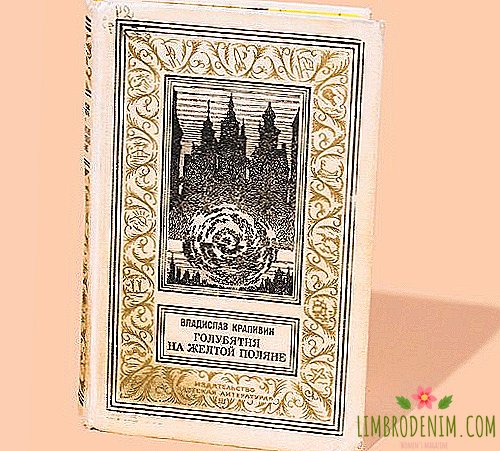
"Year of the death of Ricardo Reis"
Jose Saramago
Correctly written in the preface to the "Year of Death", that the spoiler wired into the title (the hero will die) informs each action of Ricardo a special death gritty drama. He thinks that he just settled in another hotel, and we think - in his last hotel. He thinks - well, in love, well, sex. And we think: last love, last sex? Portugal after Saramago began to seem to me a mysterious, important, sensual country, which you definitely need to visit. Portugal in his texts a lot - no less than people. Rain in Lisbon is a two page theme, calmly. I once gave my old copy to a friend for my birthday (I couldn't find a new one in the bookstores), and then I took it back before I went to Portugal. A friend, however, easily parted with Ricardo, it seemed to him - boring.
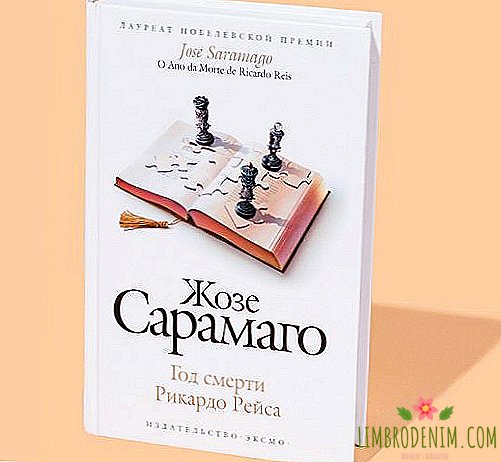
"Freedom"
Jonathan franzen
Several years ago I worked in the online newspaper Sol, and we had such a crafty practice - if an English-language novel received a big prize, we found a piece of text posted on Amazon, translated and published. When Franzen was rewarded, I sat down for the translation of "Freedom" and got terribly involved. Fell in love with this book for the very first page. On the website, we didn’t hang them up as a result (it turned out that Corpus had bought the rights), and I waited for the Russian edition. I waited. The fateful book. That is a book about fatal. On the causal relationship and points of bifurcation. The hero makes a small silly movement and does not know that his life has now gone the other way. So sorry for the heroes, so sorry for themselves - so sorry for the person inside his irreparable fate. For some reason, this novel has the most devastating effect on men. I gave him several times to male friends. One read in the middle of the night and immediately called, shocked.
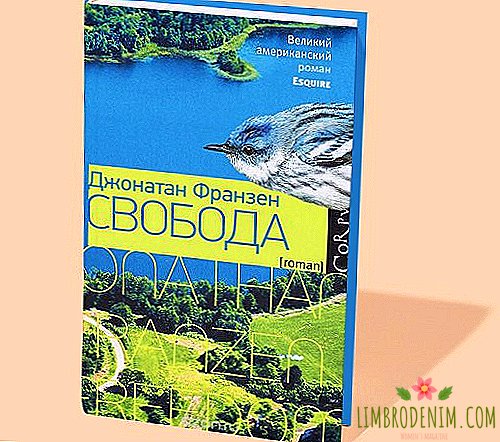
"Moscow - Petushki"
Venedikt Erofeev
It is like bread or water - beautiful, necessary, for life. How good it is to know that this is for life, you will not grow out of it, you will not outgrow it: is it possible to outgrow angels and the Russian language? How nice, when you will never be bored for sure with some person, you will never be ashamed of him. But many here loved Cortarasar as a child, and now they are ashamed. With Venichka, true eternal love is possible.
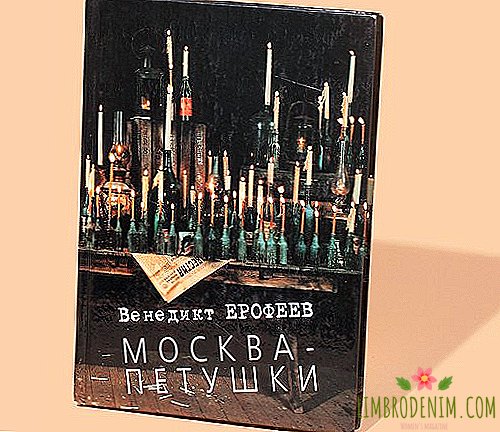
"Book of Lyrics"
Catullus
There is a souvenir, not a book. Present! I even keep it not on the shelf, but in a sacred box. I do not even read. But - I guess. I guess the page, the line - it turns out the forecast, guaranteed lyrical. Steeper than on this Catullus, it only guesses on random public books in a cafe.
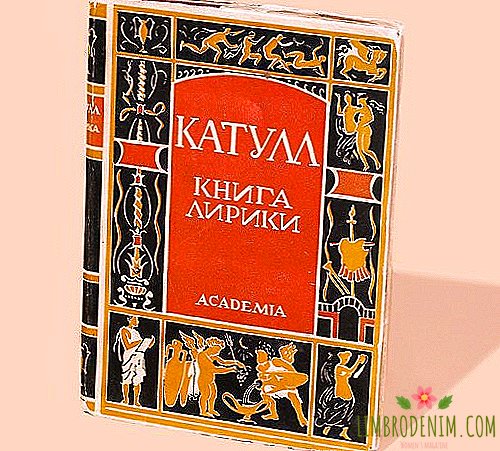
"Recovery of the dead"
Andrey Platonov
The point is not in a single black volume, but in Platonov in general, but how can I give him all his huge? Let it be this book, it will be like a business card, as a representative of the Platonic world, which, in addition to prose, also contains correspondence - official and with his wife Masha. If someone says that Platonov does not like or does not understand, I will not even argue, I will immediately decide calmly: the person has a deviation. Type of poor vision or even worse. I react in the same way when I encounter disbelief in the author of the world, in the wonderful nature of the universe - with people who see what is happening in their own heart and mind, you see, not magical enough.
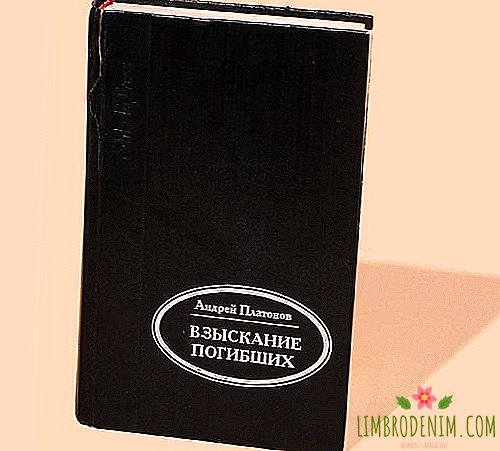
"Notebooks. Memories. Essay"
Lydia Ginsburg
Probably, it was Ginsburg who taught me to love diary prose, memoirs, reports about past days, and witness literature. Specifically, from her records you can get several different types of pleasure. Reading her jokes about great and small writers is one thing; to watch how its attitude to age, love, and text changes over the years — more; to watch how the world changes around (as history goes to a person), - the third. I wrote Ginzburg so much, and my memory is so full of breath that, having reached the last page, I can safely begin all over again - and again there will be some important news.
